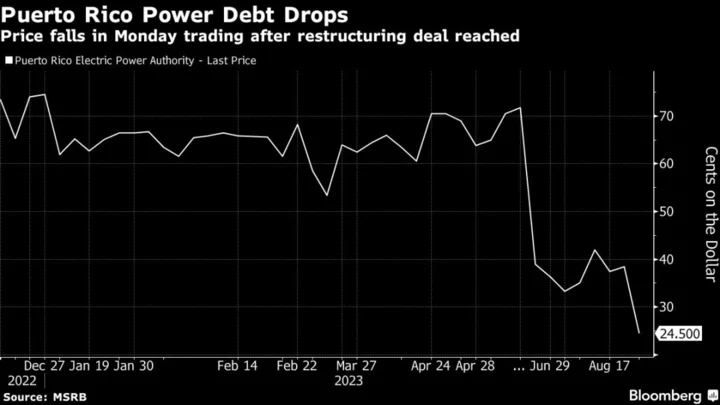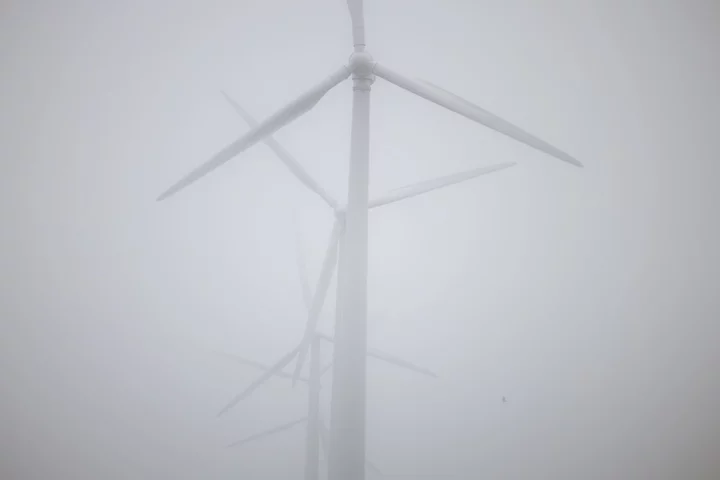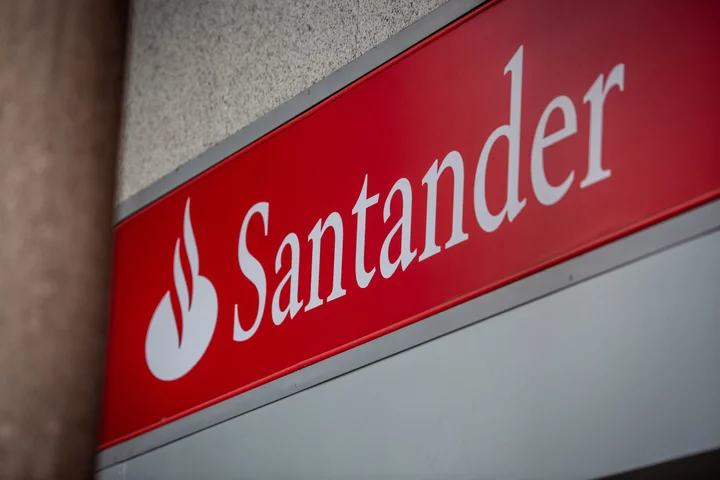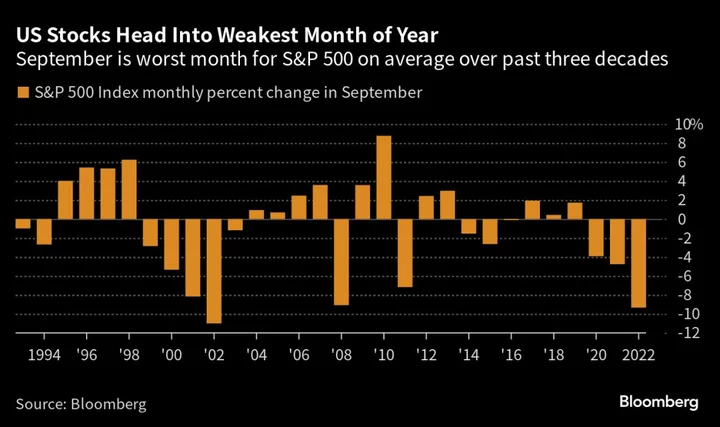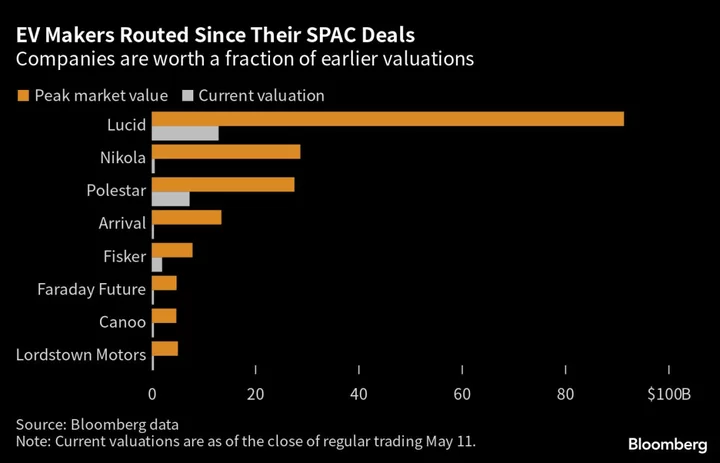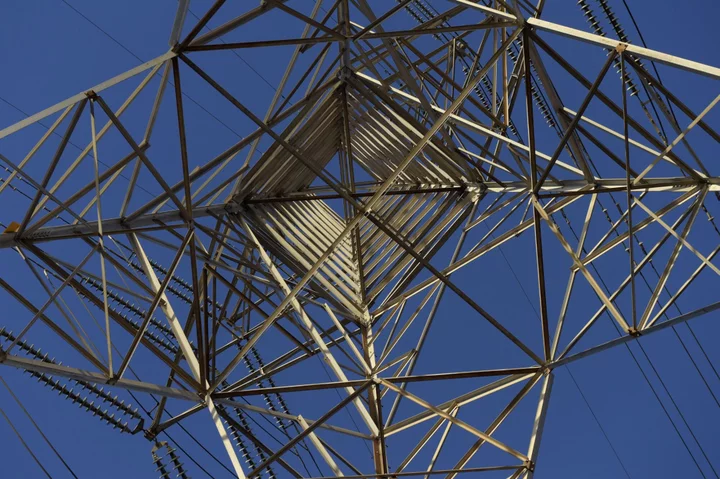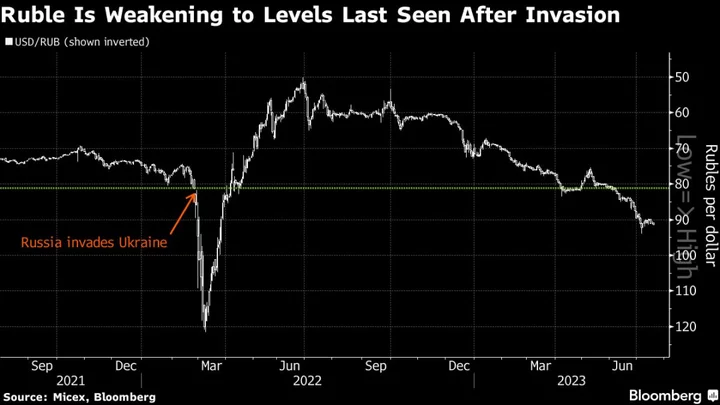Some municipal bonds sold by Puerto Rico’s bankrupt power utility have plunged after a group of investors reached a restructuring deal that would significantly slash the agency’s debt load.
A security sold by the Puerto Rico Electric Power Authority, also known as Prepa, due in 2042 changed hands at an average price of 24.25 cents on the dollar between two trades on Monday, down from above 70 cents as recently as May, according to data compiled by Bloomberg.
The deal between creditors including BlackRock Financial Management and Nuveen Asset Management and the island’s federally appointed financial oversight board, which is managing Prepa’s bankruptcy, would reduce combined claims of $10 billion down to about $2.5 billion of new bonds. The deal would give bondholders who sign the agreement 12.5 cents on the dollar on what they were owed when Prepa entered bankruptcy in July 2017, and 3.5 cents for investors who decline to join the restructuring plan.
Other creditors including GoldenTree Asset Management, Syncora Guarantee and Assured Guaranty have said they may fight the accord in court. The parties may hash out some of their disagreements before US District Court Judge Laura Taylor Swain, who’s set to hold a hearing on Wednesday.
The deal is part of a debt-cutting proposal the oversight board filed to the court on Friday and is the last major piece of Puerto Rico debt that needs to be restructured. It includes a new monthly charge of $8.71, on average, for some residents to repay the new bonds. Many Puerto Ricans object to any kind of additional electricity fee as they already pay some of the highest rates in the US. The island’s Energy Bureau, an independent energy regulator, would need to approve any new fee.

